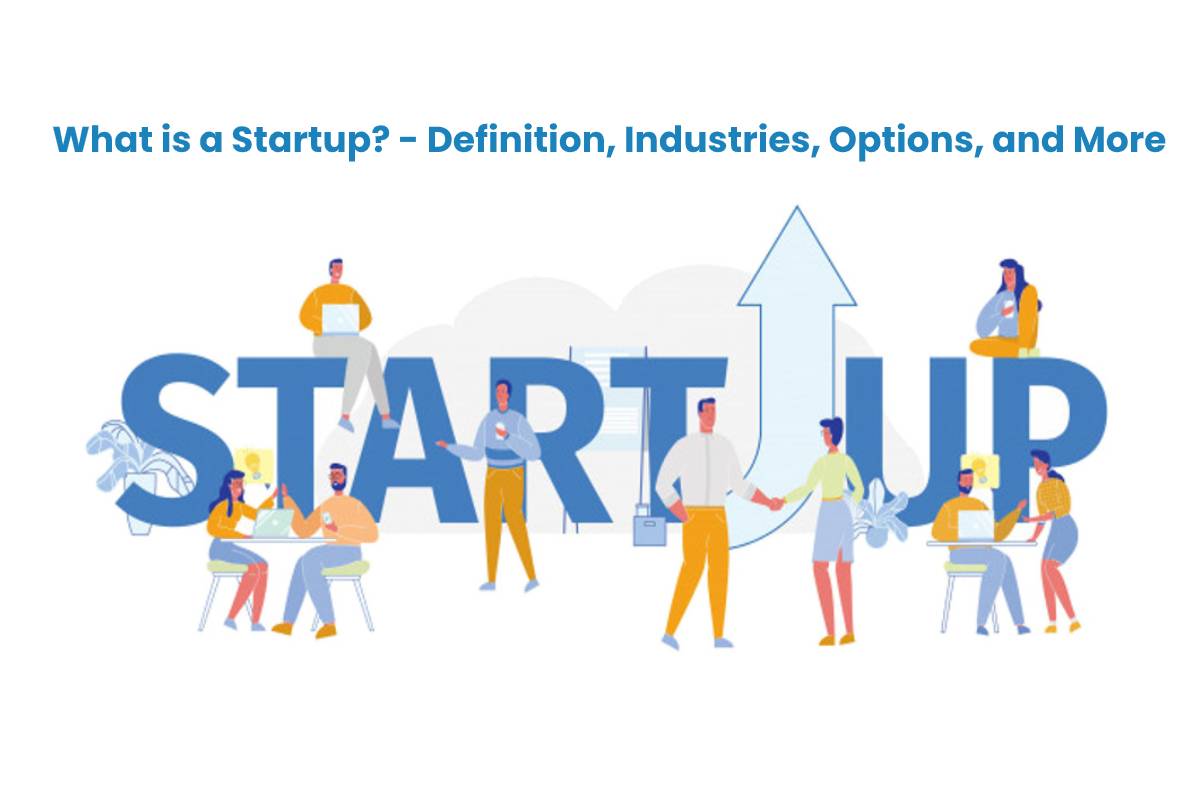Table of Contents
Startup Definition
“A startup is a recently founded company.” That is currently a widespread opinion. But not every newly started company can be described as a startup, even if this often done incorrectly!
It has an innovative business idea or problem solution. And the company is founded to grow strongly and achieve high value.
The plan to scale quickly and thus achieve rapid growth in a short time is a unique feature of StartUps.
The growth in connection with an innovative concept may result in a disruption of well-known business models.
It means that startups break down existing structures and replace them with their innovations within a few years.
What are the typical industries of Startup?
There are startups in all industries, and innovations can realize everywhere. But there is an intense concentration in future productions. The following areas deserve mention as examples:
- Online trade
- other internet-based offers such as social media
- Software development
- Financial technology
- biotechnology
- nanotechnology
- Environmental technology
The world’s best-known, now established, and billion-dollar startups such as Facebook, PayPal, and Tesla come from the industries mentioned.
Financing a startup: the options
Conventional bank loans are usually out of the question for a startup; the institutions shy away from the risk. Therefore, the founders have to find alternative sources of finance. Three options play the most crucial role:
Promotional loans

- The state supports startups because it hopes for economic dynamism, tax revenues, and jobs.
- For example, KfW-Bank offers attractive promotional loans. In addition to the low-interest rates, founders benefit from liberal lending.
Venture capital

- Private and institutional investors act as capital providers who participate in a startup.
- Accordingly, they acquire a say, and they are not content with the position of the lender.
- The investors sell the shares after a few years. They aim for an above-average return with these short to medium-term investments.
- Most of them have extensive know-how and contacts with potential customers and business partners, who bring them into the Startup.
Crowdfunding

- With the crowdfunding type of financing, a large number of private investors finance the Startup or the money required after the Startup.
- There are different forms, such as crowd investing, crowdlending, and crowd donation.
The further development of startups
Startup finance is like a company development in several stages.
- The first step is primarily about tasks such as creating market studies and designing prototypes.
- The next stages nofollow by challenges such as marketing, market launch, broadening the range, and opening up foreign markets.
- The capital requirement is increasing, which is why a startup usually finances the stages differently.
- First equity and a promotional loan are often sufficient. Private investors such as business angels help, and then financially secure large investors participate. Going public is also an option, which is usually the last step.
Also Read: What is Crowdfunding? – Definition, Types, and More
READ MORE:- reviewstechbu


